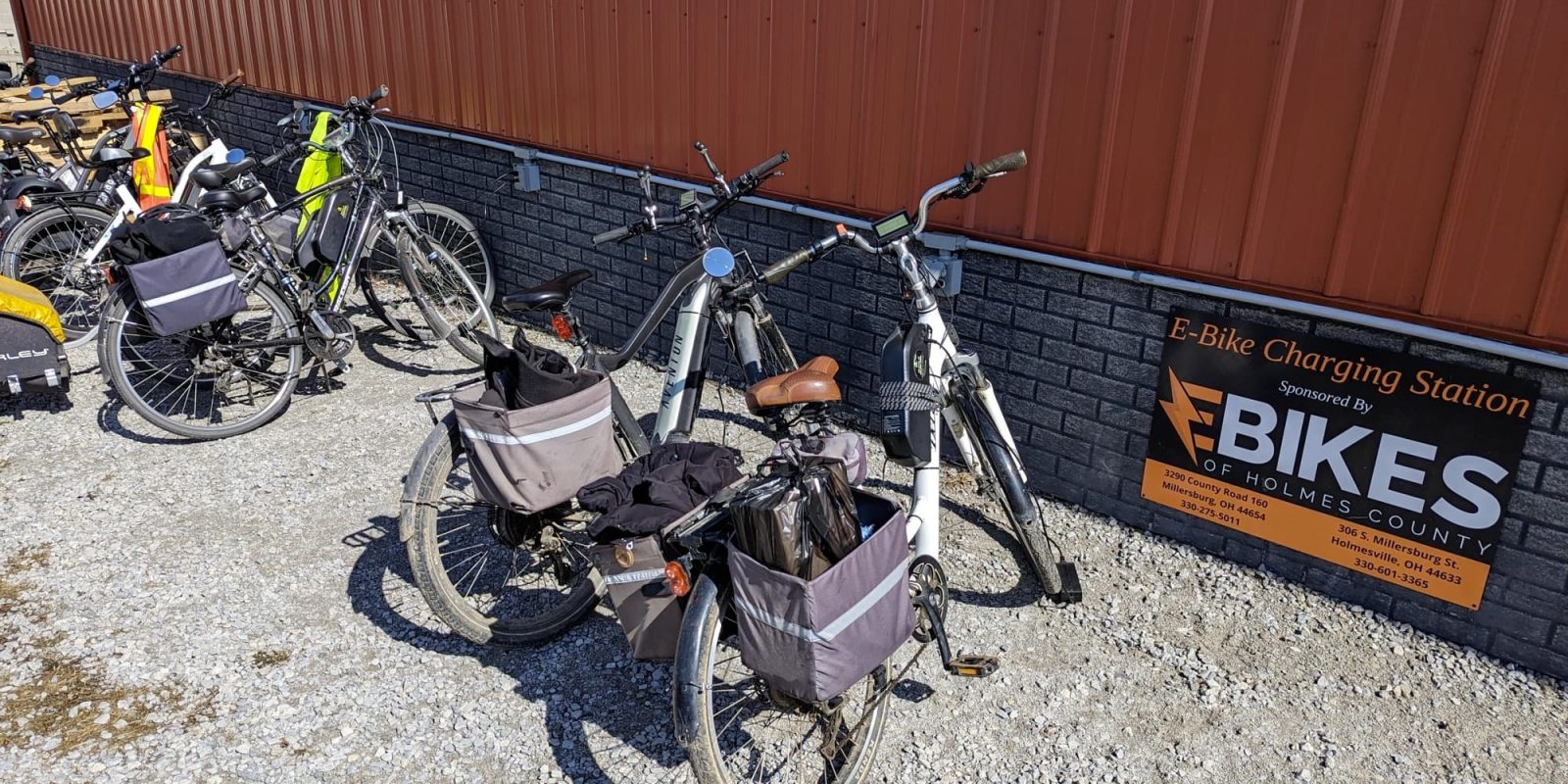
If you thought the horse and buggy was the end of the line for Amish transportation, think again. Across many parts of Amish country, including Iowa, Ohio, and Pennsylvania, electric bicycles are starting to show up parked next to Amish barns or quietly zipping down country roads underneath their Amish riders.
It might seem counterintuitive at first. The Amish are known for avoiding modern technology, particularly anything with a plug, a screen, or an engine. But electric bicycles are finding a niche in places where you’d expect them least. And while the rules differ from one Amish group to another, a growing number are embracing e-bikes not in spite of their culture, but in service of it.
It’s important to note that there’s no one single Amish doctrine. Each community is responsible for establishing and enforcing its own standards as it sees fit for its culture, but many of these rules tend to revolve around a common theme of not being dependent on the outside world. And that’s where electric bicycles have started to creep into some of the slightly more modern Amish communities.
Not all Amish communities have outlawed electricity, though the ones who allow its use have generally preferred to use solar-generated electricity that can be produced on-site within the community, preventing them from being reliant on an outside municipal electrical supply. And that’s where e-bikes come in. The few Amish communities that have begun embracing electric bicycles generally charge them on locally generated solar power.

Mary Swander recently shared an account in the Iowa Capital Dispatch of local Amish people beginning to opt for electric bicycles as an alternative to push scooters or pedal bicycles. In fact, some Amish communities are even building electric bicycles and tricycles in their own workshops.
E-bike shops that are adjacent to or part of Amish communities have also begun to cater to the demand. David Mullet, a member of the Old Order Amish Church and the owner of E-bikes of Holmes County, a popular bicycle shop in a heavily Amish-populated area of Ohio, explained that e-bikes are simply faster and easier than horses. “It’s a lot quicker to jump on your bike and go into town than it is to bring your horse into the barn, harness it to the buggy, and go. It’s a lot quicker and you travel faster too,” David said.
Some Amish are permitted to ride in cars that they don’t own or operate themselves, which means it can be common to hire a driver for specific trips. But the practice can become expensive, as anyone who uses rideshare services like Uber or Lyft on a regular basis will already know.
Thus, e-bikes have become an effective solution to the problem of commuting longer distances without hiring a driver. They have also helped many Amish people maintain their reliance on their community instead of on outsiders.
As David continued, “Commuting to work is probably the number one way that electric bikes are being used. Some people are commuting eight to ten miles, some only one or two miles, but they jump on their bike and go. With a traditional bike, that would never have been considered. They would have had to hire a driver or the place of work would have had to hire a driver to bring in their employees. That still happens, but there are more people who commute to work every day on e-bikes.”

The acceptance of e-bikes is far from universal, though. Opinions are understandably split from one community to the next, and even within communities.
“For me, e-bikes are a good balance,” Director of the Holmes County Amish and Mennonite Heritage Center Marcus Yoder explained to the Wall Street Journal recently. “We recognize the accessibility that we need in today’s world to live well, to preserve our faith, family and community.”
But not everyone agrees. Some oppose the growth of electric bikes and worry about the effect that such modern technology could have on people.
“We could easily end up with not having many Amish people around anymore,” said Mart Miller, a market worker and bishop of an Amish church district that rejects e-bikes.
And those differences in opinion between members of various Amish communities mimic the very divide among the communities themselves, with some beginning to embrace – even hesitantly – the advantages of electric bicycles, while others shy away from the modern technology they represent.
While certainly not every group is on board, and each district navigates its own boundaries with modern technology, e-bikes are carving out a practical niche by offering a low-cost, low-emission way to travel longer distances without abandoning core values. In a world where technology often complicates, the Amish are showing that sometimes, the right tool – if used correctly – can make life simpler. And if that tool happens to be an electric bicycle, maybe that’s not such a contradiction after all.
FTC: We use income earning auto affiliate links. More.











